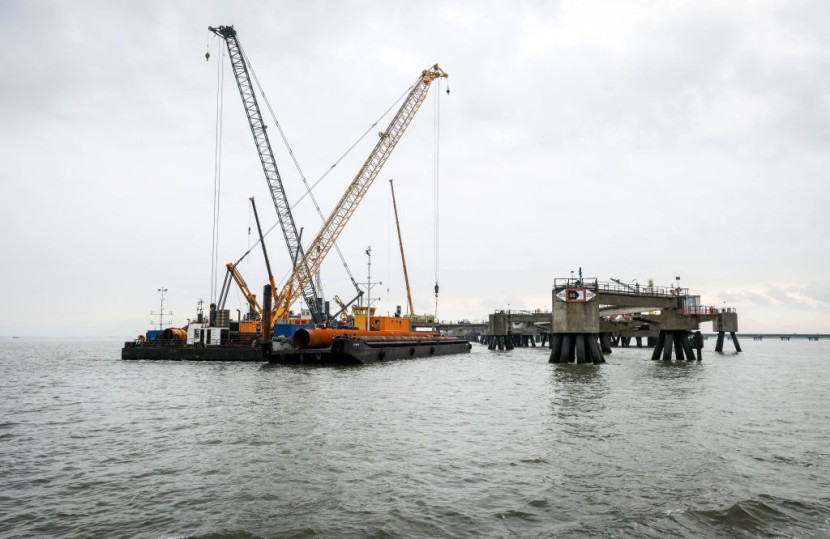
Brussels went ahead with its plan for a natural gas price cap in the face of an ever-getting worse energy crunch. The European Commission disseminated the proposal to all members last Wednesday that covered how to deal with high gas prices but with risks.
Energy Crisis Affects Europe
From 2021, all the natural gas supplied to the bloc was disrupted by Russia and the global scramble for energy; it only increased power costs that have become excessive power bills, reported Euractiv.
To mitigate the rise of natural gas, the EU leaders are keen on limiting the cost of energy. At a special meeting of all energy ministers on Friday, about 15 bloc members asked the EU leadership for more suggestions on completing the task, noted Reuters.
However, although the non-paper sent to EU members on Wednesday night showcases possibilities, the European Commission further warns that limiting the wholesale gas price may damage Europe's ability to purchase gas on international markets, be incredibly costly, and decrease rewards for reduction.
According to the non-paper, accurate estimation of the cap is difficult due to the complexities of the domestic and global economies and the resulting risks in terms of supply security.
Another way it can cause disruptions from third-country supplies is that the natural gas price cap for the wholesale gas price is higher when compared to the cost of imported supplies via pipeline as an energy crunch rages.
EU Energy Crunch Intervention
Brussels establishes several alternatives to counteract rising gas prices in the non-paper.
It recommends a limit on Russian gas imports, which accounts for up to 9% of EU supply, asserting that Russia "even now advantages from high costs" and that such a cap will indeed limit energy revenues and decrease the Kremlin's capacity to finance its war in Ukraine.
Regrettably, European states, especially those still overly dependent on Russian energy flows in central and eastern Europe, are opposed to such a measure, afraid that it will lead to Moscow closing down the taps completely.
Some doubt this would be beneficial provided Moscow already has lowered its stockpile to Europe to only 80%, citing CNBC.
Others contend this is punishment instead of an emergency measure, and it would have to be contended by all EU countries. It might lead a few of those, noticeably Hungary, to try to obstruct this.
The European Commission has indicated it is open to discussing the development of a momentary EU framework to reduce the impact of high prices for gas on electricity prices.
One possible solution is to regulate the cost of electricity generation at a level that helps to bring down electricity costs without culminating in increased overall gas usage.
This is comparable to the market price cap in Spain and Portugal. Whereas the measure advantages customers, there are a few worries about a proposal to help encourage gas consumption.
Other recommendations usually involve working with reliable supply partners to attain a mutual understanding" of price cuts and establishing a new transactions-based LNG benchmark to inspire more affordable options.
This will include meddling in third-party contractual arrangements and ruining existing market rewards that send gas to countries with limited resources. Brussels is intent on the natural gas price cap as it talks to all members, but the worsening energy crunch has worked.
© 2025 HNGN, All rights reserved. Do not reproduce without permission.








